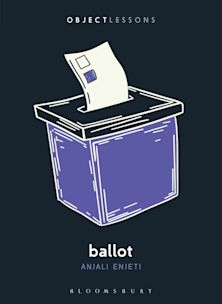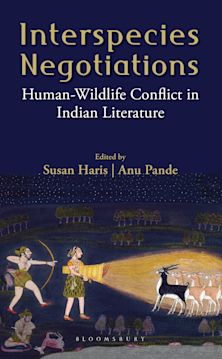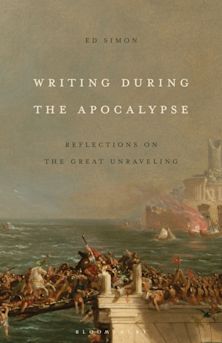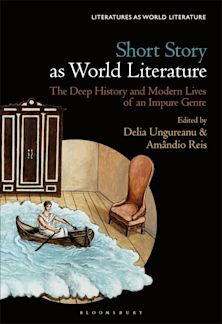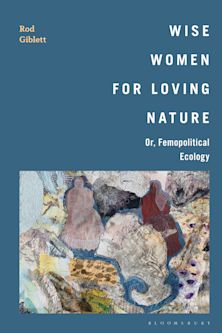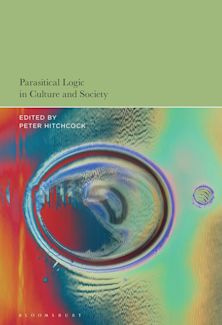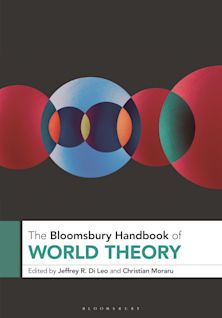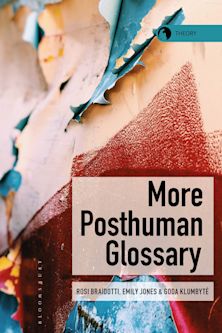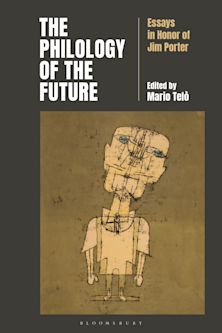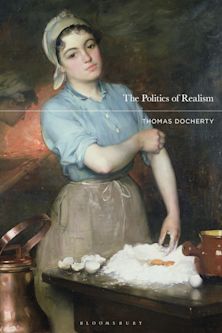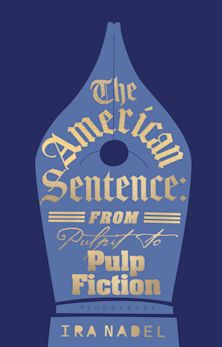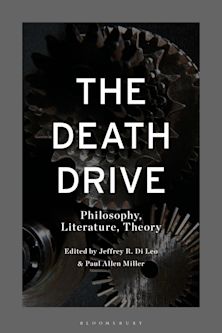- Home
- ACADEMIC
- Literary Studies
- Literary Theory
- Frankenstein in Theory
Frankenstein in Theory
A Critical Anatomy
Frankenstein in Theory
A Critical Anatomy
You must sign in to add this item to your wishlist. Please sign in or create an account
Description
This collection provides new readings of Frankenstein from a myriad of established and burgeoning theoretical vantages including narrative theory, cognitive and affect theory, the new materialism, media theory, critical race theory, queer and gender studies, deconstruction, psychoanalysis, and others. Demonstrating how the literary power of Frankenstein rests on its ability to theorize questions of mind, self, language, matter, and the socio-historic that also drive these critical approaches, this volume illustrates the ongoing intellectual richness found both in Mary Shelley's work and contemporary ways of thinking about it.
Table of Contents
Acknowledgments
Introduction: Frankenstein in Theory
Orrin N. C. Wang (University of Maryland, College Park, USA)
1. Last Words: Voice, Gesture, and the Remains of Frankenstein
David L. Clark (McMaster University, Canada)
2. When Jane Met Mary; or, Frankenstein's Romantic Comedy
Sonia Hofkosh (Tufts University, USA)
3. Frankenstein's Embodied Imagination: Or, the Limits of Embodied Cognition
Richard C. Sha (American University, USA)
4. Non-Binary Frankenstein?
Chris Washington (Francis Marion University, USA)
5. What's Love Got to Do with It? Frankenstein and Monstrous Psychoanalysis
Joel Faflak (University of Western Ontario, Canada)
6. The "very creature he creates": Frankenstein in the Making of Moby-Dick
Samuel Otter (University of California, Berkeley, USA)
7. Finitude, Frames, and the Plot of Frankenstein
Yoon Sun Lee (Wellesley College, USA)
8. Blackness and Anthropogenesis in Frankenstein
Rei Terada (University of California, Irvine, USA)
9. Mediating Monstrosity: Media, Information, and Mary Shelley's Frankenstein
Andrew Burkett (Union College, USA)
10. "A daemon whom I had myself created": Race, Frankenstein, and Monstering
Patricia A. Matthew (Montclair State University, USA)
11. The Smiles That One Is Owed: Justice, Justine, and Sympathy for a Wretch
Erin M. Goss (Clemson University, USA)
12. The Utopias of Frankenstein
Vivasvan Soni (Northwestern University, USA)
13. Is That All There Is? No Regrets (after 1818)
Jacques Khalip (Brown University, USA)
14. Frankenstein in Practice (as Theory)
Sara Guyer (University of Wisconsin, Madison, USA)
Notes on Contributors
Index
Product details

| Published | 10 Dec 2020 |
|---|---|
| Format | Ebook (Epub & Mobi) |
| Edition | 1st |
| Extent | 272 |
| ISBN | 9781501360800 |
| Imprint | Bloomsbury Academic |
| Illustrations | 2 bw illus |
| Publisher | Bloomsbury Publishing |
About the contributors
Reviews
-
A sense of urgency runs through all these essays, persuading us that Frankenstein and his monster matter now. It's not just that present crises help us think anew about Shelley's novel, or that it continually challenges the theories we employ. This provocative collection makes the case that Frankenstein compels us to think rigorously about our historical present.
Mary A. Favret, Professor of English and Vice Dean for Graduate Education, Johns Hopkins University, USA, and author of War at a Distance: Romanticism and the Making of Modern Wartime (2009)
-
A superb collection of essays, which reanimates not only this masterpiece of Romantic writing but also the theoretical debates that have shaped Romantic criticism for decades. In keeping with its subject, this is a daring, creative, and provocative contribution to Shelley scholarship.
Timothy Michael, Associate Professor of English and Fellow, Lincoln College, University of Oxford, UK, and author of British Romanticism and the Critique of Political Reason (2016)
-
This groundbreaking volume gathers together the best and most timely scholarship on Mary Shelley's timeless masterpiece. The theoretical perspectives are wonderfully diverse-including monster theory, ecocriticism, corporeality studies, trans studies, with many permutations and cross-pollinations in between. This will be an essential text for teaching Frankenstein for educators going forward. Frankly, this volume is alive!
Daniel DeWispelare, Associate Professor of English, George Washington University, USA, and author of Multilingual Subjects: Standard English, Its Speakers, and Others in the Long Eighteenth Century (2017)

ONLINE RESOURCES
Bloomsbury Collections
This book is available on Bloomsbury Collections where your library has access.












